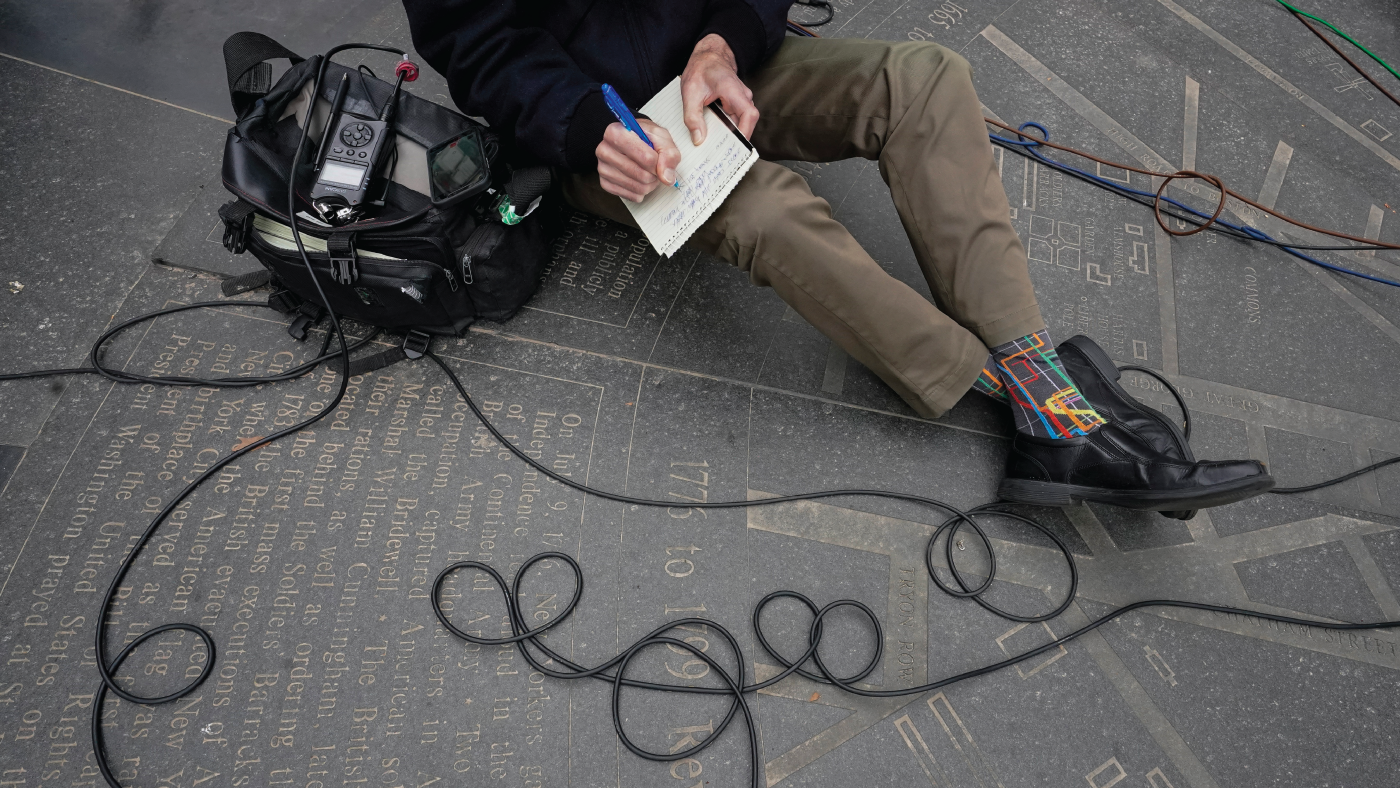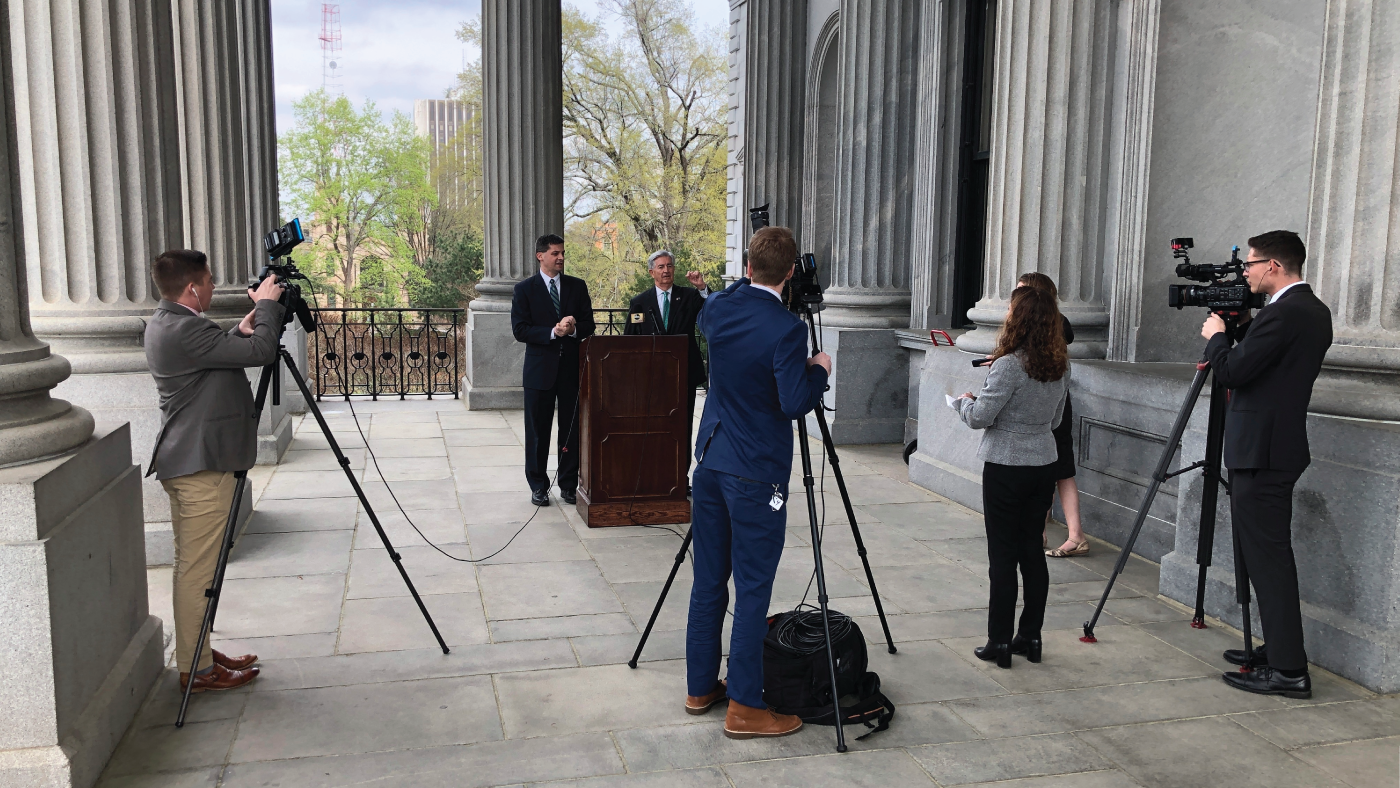
TV still the top source for election results, but digital platforms rise
Nearly nine-in-ten voters who followed the 2016 returns (88%) did so on TV, while 48% used online platforms; 21% used social networks such as Twitter and Facebook.
Nearly nine-in-ten voters who followed the 2016 returns (88%) did so on TV, while 48% used online platforms; 21% used social networks such as Twitter and Facebook.
A majority of U.S. adults (59%) reject the idea of adding interpretation, saying that the news media should present the facts alone
Only 26% of U.S. adults say they have been interviewed by a local journalist. Among those who have, not everyone’s voice is equally likely to be heard.
Americans who are highly attached to their communities and who always vote in local elections stand out for displaying stronger local news habits than those less engaged.
Some Americans enjoy the opportunities for political debate and engagement that social media facilitates, but many more express resignation, frustration over the tone and content of social platforms.
Three-quarters or more of Americans are confident in the military, medical scientists and scientists in general to act in the best interests of the public. But fewer than half report similar confidence in the news media, business leaders and elected officials.
As the news media cover the turbulent 2016 presidential election, there’s been considerable debate around how much emphasis they should put on inaccurate or potentially offensive statements made by candidates.
In the aftermath of presidential debates, there is intense interest in gauging "who won." How can we know the answer to that question?
n the contentious weeks leading up to Election Day, voters are deeply divided over the candidates, major issues and the nation’s past and future course. And, in a new survey, most voters say these differences even extend to disputes over basic facts.
Enshrined in the Bill of Rights, free expression is a bedrock American principle, and Americans tend to express stronger support for free expression than many others around the world.
A survey of U.S.-based journalists finds 77% would choose their career all over again, though 57% are highly concerned about future restrictions on press freedom.
Digital news has become an important part of Americans’ news media diets, with social media playing a crucial role in news consumption.
In recent years, several new options have emerged in the social media universe, many of which explicitly present themselves as alternatives to more established social media platforms.
The total number of journalists assigned to state capitol buildings is up 11% since 2014, though figures vary widely by state.












